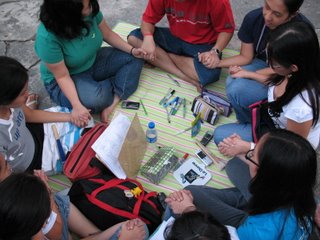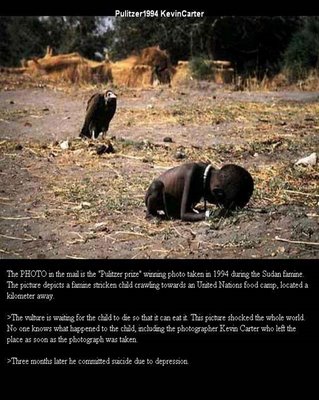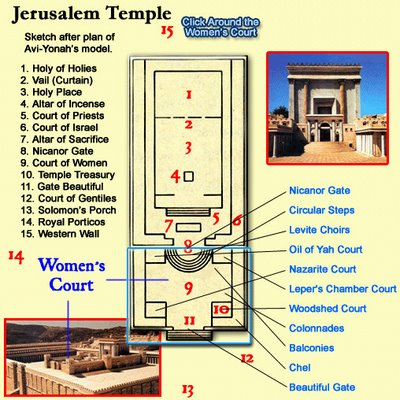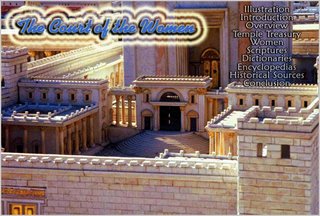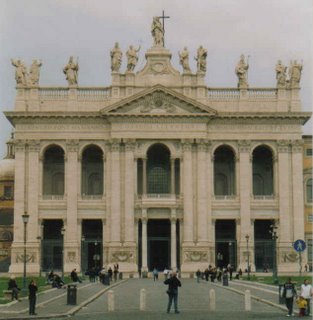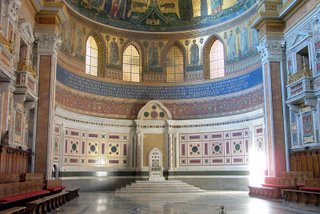
3 December 2006. First Sunday of Advent
Jeremiah 33, 14-16; 1 Thess 3,12 – 4,2 and Luke 21, 25-28, 34-36
At 37, I realized that half of my life has been spent away from home. But then, even my childhood centered on days at school and nights with my friends. I was hardly home. A scene from the movie, Cinema Paradiso by Guiseppe Tornatore, shows the return of Salvatore (Jacques Perrin), a renowned film director, to his hometown in
Advent is a season for those who have been away from home for decades. It is a time for exiles. A time of yearning to come back home. The atmosphere of Advent revolves around the experience of the Hebrew exiles, their cries of repentance, regret, and pleading. Our homelessness may also mean a spiritual, psychological or emotional separation: when we know that we are not true to ourselves, or that we have been exiled by others. Many have been exiled from themselves because they anguish over some things in them that they cannot yet accept. Members of families are separated from each other; others live together but are emotionally distant from each other. Some people have been refused admittance in some societies because of their marital status, sexual preference, ideological stance or organizational affiliations. There was a time when no fraternity/sorority member could join UPSCA and ICTUS. In addition, some are not yet at home with their past. If we find ourselves displaced and transplanted like many of the students who have left their hometowns to study here at the University of the
In one of the flashbacks of the movie, Salvatore falls for a girl named Elena (Agnese Nano), but his deeply-felt passion isn't reciprocated. So he agonizes over the situation, seeks out Alfredo's advice, then makes a bold decision: he will stand outside of Elena's window every night until she relents. In the end, love wins out, but Salvatore's joy is eventually replaced by sadness as Elena vanishes forever in his life. Alfredo advised Toto, as Salvatore was called, not to return home. When Alfredo died, he left Salvatore a montage of all the kissing scenes edited at Cinema Paradiso. And as he watched them all, he realized what has been lacking in his life: his true love.
Something in us always needs to be called home. Advent is a time for us to be aware of what we lack and who’s not home: to see who our true love is. We need to see what or who we lack inside. Advent is a time to reclaim what we have lost in our lives. Advent focuses on our own place of exile and whether or not this Jesus who was born on earth has made a difference in our lives. Do we have a great desire and yearning for God to fill the void inside of us? Advent focuses us on the empty spaces in our hearts.
Cinema Paradiso connects with people through memories. Advent connects us with people and with the past; and be reconciled with it. Advent is a season to remember that Jesus has already come, and that he has offered us many insights and examples for our own homecoming. As we enter into our desires to return home, we also hold the consolations of God close to our exiled hearts: the God who assures us of hope and comfort, peace and security, when we return home. Advent is a homecoming, a time of joy and a renewed enthusiasm as we hear God’s promises again to be with us and to resettle us back in love. Though we hear the songs of Advent, “O Come, O Come Emmanuel” and “O Come Divine Messiah” as if the Lord has been absent and is still to come, we see, on the other hand, that it is us who have been away, and that the Lord waits for us to come home.
Finally, Advent has always been a season for waiting. It is indeed tough when we are currently waiting for something painful to occur or to change. I know many people who are waiting. Some are terminally ill and are waiting to die. There is a family waiting to be healed of all the pain of a divorce. Another is waiting for the job after his interview; another is waiting for the results of the bar exams. And yet, the waiting is hopeful and patient. One can expect the arrival of those we wait. It is illustrated by the image of my mother who waits outside of our house to welcome me back. And so as we wait, we patiently pray that God welcomes us back in his heart once again.
*This Italian movie won an Oscar for Best Foreign Language Film in 1989 and a Special Jury Prize at the Cannes Film Festival.

